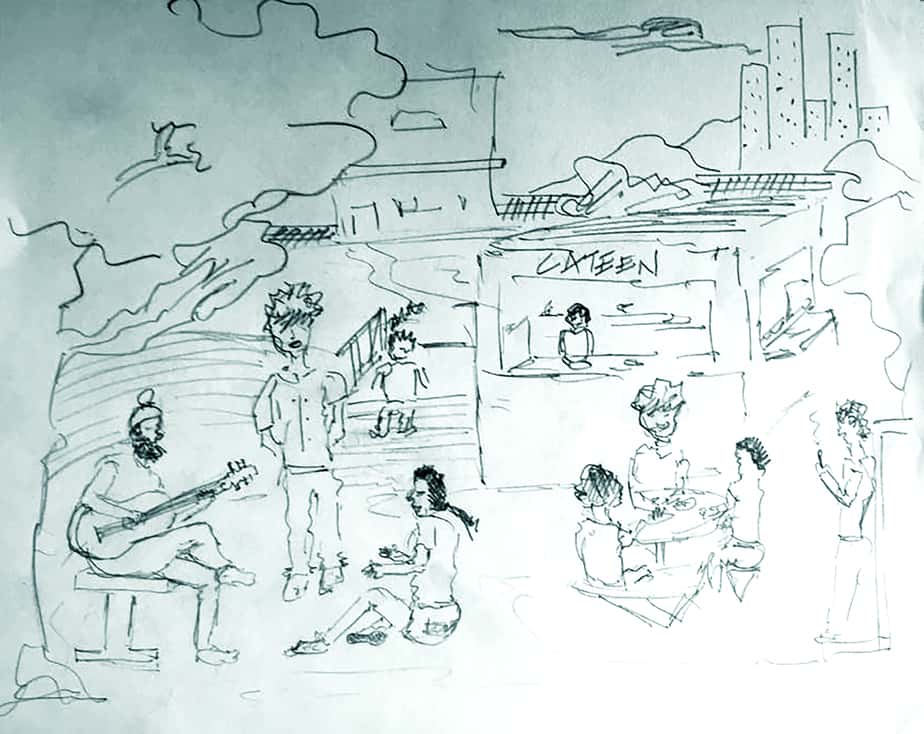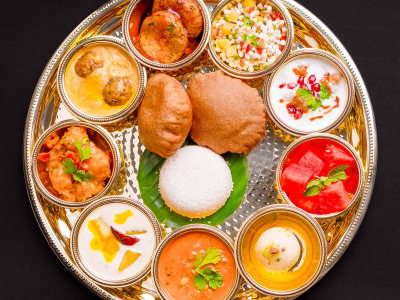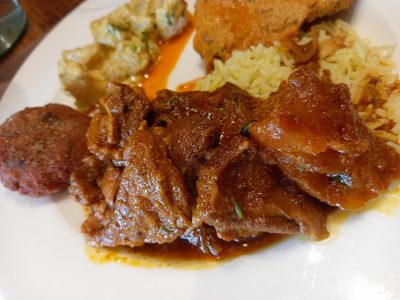Going to college is a milestone in a person’s life strategically placed between 14 years of school and a lifetime of office. A college provides enough grounding on what a job will be like with democracy that won’t have you miss for school. It is an experience even parents (young or old) will talk about or even grandparents if they happened to go to one. But most definitely those who have just graduated.
To put it into perspective, we speak to various young adults about their most coveted memories and insights from their life in college for everyone who is about to start their tenure at a university.
“I missed first three days of college because I was so nervous!” says Snigdha of PGDAV, reminiscing about the anxiety that gnaws your stomach around the first few days. After attending college for a month, she joined her college theatre group that helped her curb her shyness, something which was new for her and hadn’t happened in school. “My indulgence with Rudra takes most of my time now. I enjoy this new sense of self that dramatics has filled in me. In fact, our society firmly believes we will be called graduates of Rudra,” adds Singdha.
Some of us may like to forget our first year, but in general it is a time filled with wonderful discoveries and a sense of freedom. Karan, who is now waiting to secure admission into a B-school, recalls his time at Bharatiya Vidyapeeth, an engineering college. “I think I have always been the hip guy. I remember tricking the first year students as a senior while I myself was in first year.”
Three years of a person turning into an adult from the whims of adolescence is still a dream for many. From class notes by a senior to last minute submissions, there are several new currencies to exchange among friends and teachers. Every college has a unique experience for its new batch of students, like Shristy Naidu, a student of Pearl Academy, a fashion institute in New Delhi tells us, “Mostly it was quite enriching socially since I got to meet all these cool people who were creatively intuitive and friendly. A lot more easy-going compared to schoo,l where people were a lot meaner, but that’s just probably because I was from a DPS where kids are predominantly jerks.”
Her inclination towards college is obvious as she tells us about her encounter with college professors. “Everything was well oriented, classes and lectures were fun and the faculty wasn’t nearly as passive-aggressive as I had presumed them to be. They are very chilled,” says Naidu. Shristy will graduate this month and her Snapchat feed is full of moments spent with friends enjoying the last few days in college other than hurrying up for putting together her final graduating fashion collection. When asked about things she would have done differently in her four years at Pearl, she says, “I feel like I didn’t put myself out there as much. And by that I mean I didn’t put my work out there as much. I would have socialised differently. Walked over to people I usually don’t talk to.”
There can be a million different ways students would participate in a college environment, bringing their unique selves, interacting with freshers from around the country, and sometimes another country. However, a college environment adds to one’s learning in a way no other setting does. It provides with that subtle mix of work, responsibilities, ease, leisure, fun and many other things, almost preparing us for the life after college.
“MVJ was like school but bigger shift was Ferris!” says Udit who after a year at Bengualuru’s MVJ College of Engineering, took a transfer to Ferris State University in Big Rapids, United States. “Ferris welcomed me. People were nice. I was seeing all that for the very first time. I was enjoying the ability to think without constraints as our professors asked us to open our minds. They would ask for our individual take on things rather than giving us guidelines to solve problems.”

Udit’s experience suggests his quest to get the best for himself. He found better scope to learn mechanical engineering outside the country and didn’t think twice to move ahead. His friends from school and college confirm his passion and approach towards studies.
Contrarily, Shivani Behl, studying B Com (Honours) at Bhagat Singh College, prefers her time in school. “I think school was better for its discipline and I miss that in college.” With that she mentions the opportunities that come with being a college student. “I like the time I get for myself, the ability to shape my career however I like it to be.”
The imagined college way-of-life dissipates quickly once reality kicks in. One must learn to adapt to their new surroundings as early as possible to accomplish the sought after degrees. Yet college will remain memorable for most of us for its freedom, intellectual awakening and the various academic and extracurricular activities it offers.





